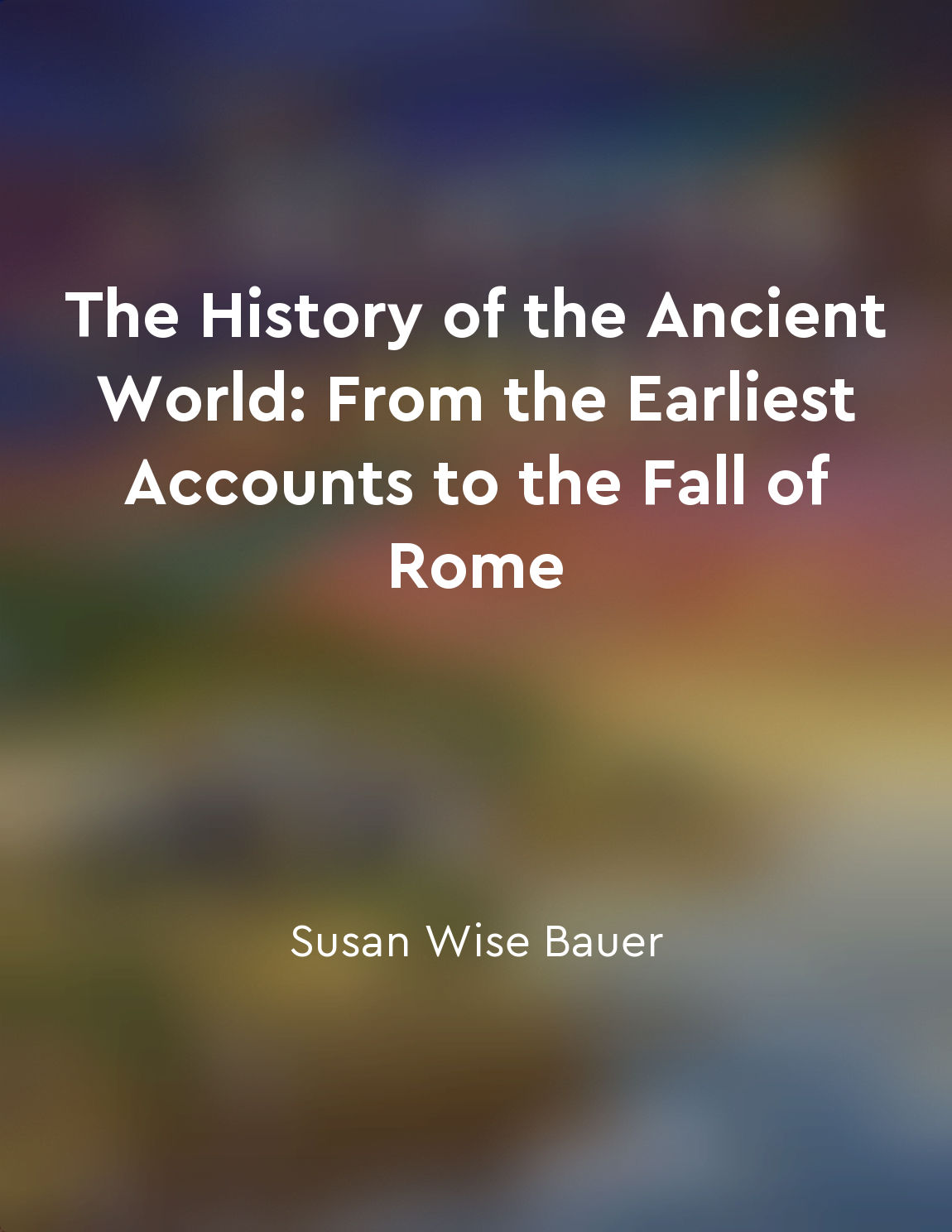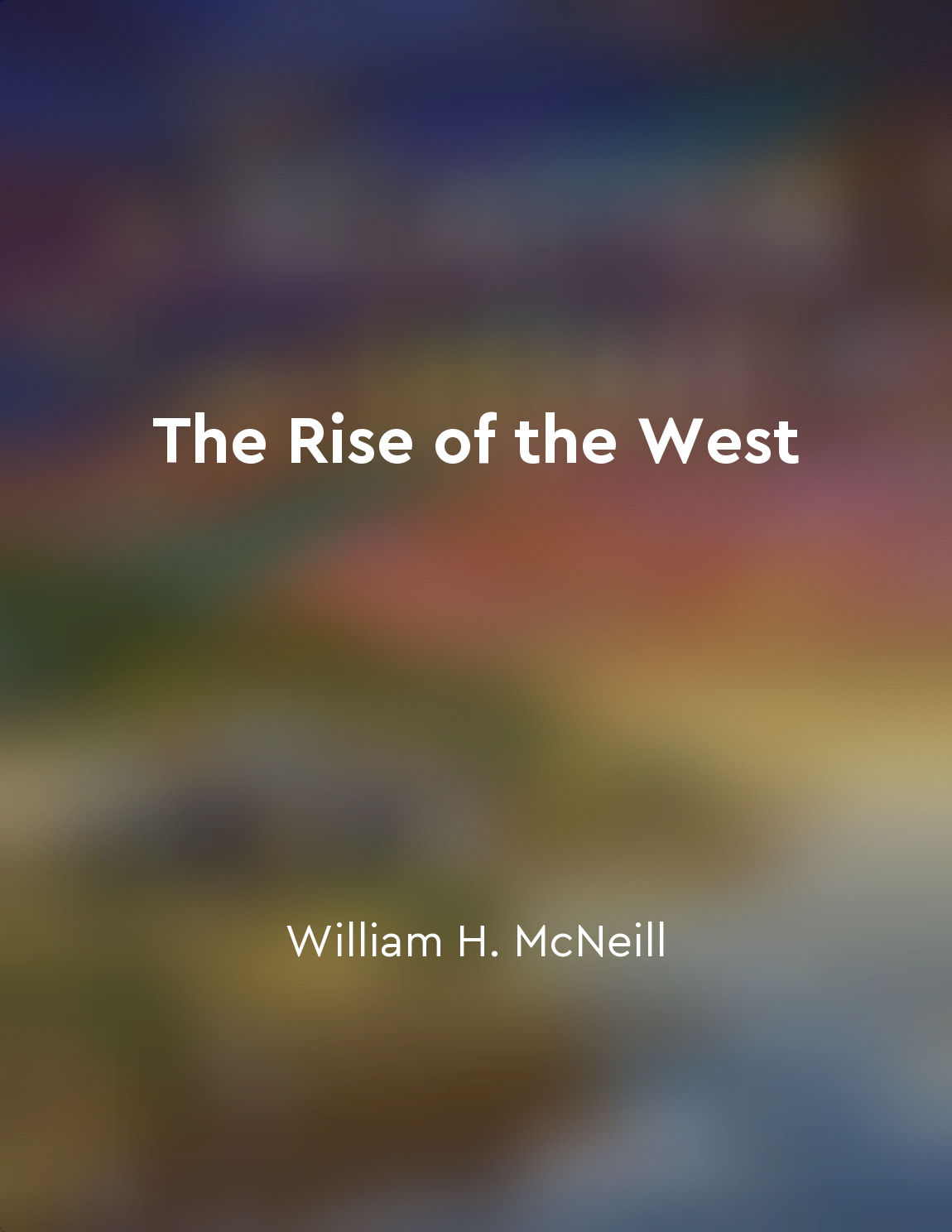Audio available in app
Agricultural revolution led to social stratification from "summary" of Sapiens by Yuval N. Harari,David Vandermeulen
The Agricultural Revolution was a turning point in the history of humankind. It transformed societies from small, egalitarian groups of hunter-gatherers into complex, hierarchical civilizations. This shift to agriculture allowed for the production of surplus food, which led to the development of permanent settlements and the division of labor. With the ability to store food, populations grew, and so did the need for organization and control. As agricultural societies became more complex, social stratification emerged. This stratification was based on wealth, power, and social status. Those who owned land and controlled resources became the ruling elite, while the majority of the population worked the land as farmers or laborers. This division of labor created a hierarchy where certain individuals or groups held more power and privilege than others. Social stratification ...Similar Posts

Explore the rise of ancient civilizations like Sumer and Egypt
The emergence of ancient civilizations such as Sumer and Egypt marks a significant turning point in human history. These early ...
Environmental conservation is crucial for societal sustainability
The relationship between environmental conservation and societal sustainability is a fundamental aspect that cannot be overlook...
Contact between societies leads to exchange of ideas and technology
When different societies come into contact with one another, they inevitably exchange ideas and technologies. This exchange can...

Inequality is not inherent in human nature
As we reflect upon the nature of humanity, it becomes clear that inequality is not a natural state. We must understand that at ...
Societies develop differently based on environmental factors
The diverse trajectories of human societies can be traced back to the influence of environmental factors. The environments in w...
Globalization influences cultural evolution
Globalization has played a significant role in shaping the evolution of cultures around the world. As societies interact more c...
The war serves as a cautionary tale for future generations
The Great War was a catastrophic event that resulted in the loss of millions of lives and caused immense suffering on a global ...

The West's expansion impacts indigenous populations
The expansion of the West has had profound impacts on indigenous populations around the world. As European powers spread their ...
The future of work is uncertain
The future of work is a topic that has captured the attention of many scholars and experts in recent years. With the rise of au...

